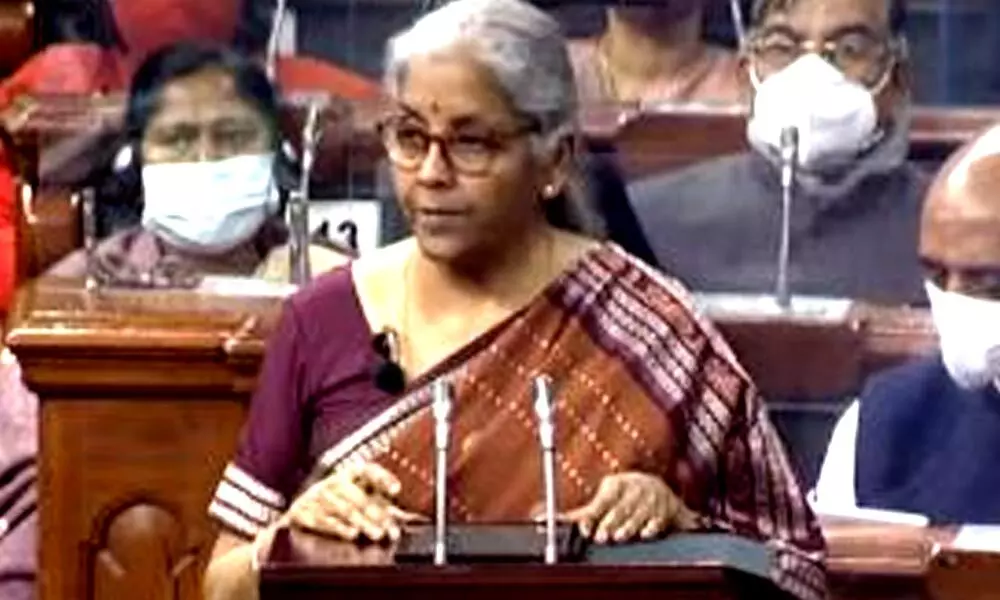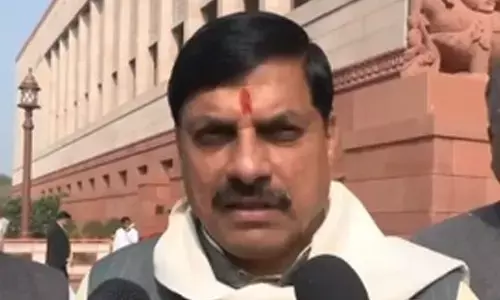India to gets its own digital currency by RBI next year: FM

Finance Minister Nirmala Sitharaman
Union Finance Minister Nirmala Sitharaman on Tuesday announced the launch of India's own digital currency by the RBI next year that will be based on Blockchain technology, while the much-expected Cryptocurrency Bill is yet to see the light of the day.
New Delhi: Union Finance Minister Nirmala Sitharaman on Tuesday announced the launch of India's own digital currency by the RBI next year that will be based on Blockchain technology, while the much-expected Cryptocurrency Bill is yet to see the light of the day.
With this, India will join certain countries that have their own central bank digital currency (CBDC) that refers to the virtual form of a fiat currency.
"Digital rupee to be issued using Blockchain and other technologies by the RBI starting 2022-23. This will give a big boost to the economy," said Sitharaman in her Union Budget 2022-23 speech in Parliament.
The Reserve Bank of India (RBI) has already been deliberating upon various aspects relating to the central bank digital currency and private crypto currencies.
The central bank has been working on modalities for central bank digital currency. However, it has expressed reservations on private cryptocurrencies.
RBI Governor Shaktikanta Das has already said that cryptocurrencies are a very serious concern from the macro-economic and financial stability perspective.
CBDCs are presently mostly in the hypothetical stage, with some in proof-of-concept programmes.
However, more than 80 per cent of central banks are looking at digital currencies.
China's digital RMB was the first digital currency to be issued by a major economy. On September 27, 2021, Tajikistan announced the creation of a CBDC with the Fantom Foundation, and Nigeria was the first African country to launch its CBDC on October 25.
The Bank of America said in its recent report that a US CBDC would differ from the digital money currently available to the public because it would be a liability of the US Federal Reserve, not a commercial bank, and so would have no credit or liquidity risk.
The US Fed has also published a discussion paper on the benefits and risks of a CBDC.
Earlier, the Indian government was slated to introduce new regulations for cryptocurrency during the Winter Session of Parliament, which kicked off on November 29.
The session ended without seeing the 'The Cryptocurrency and Regulation of Official Digital Currency Bill, 2021'.














